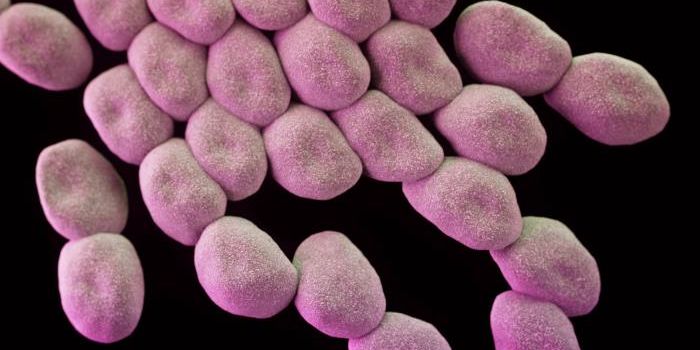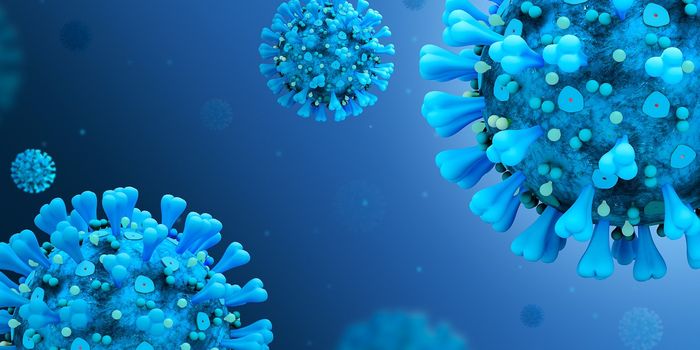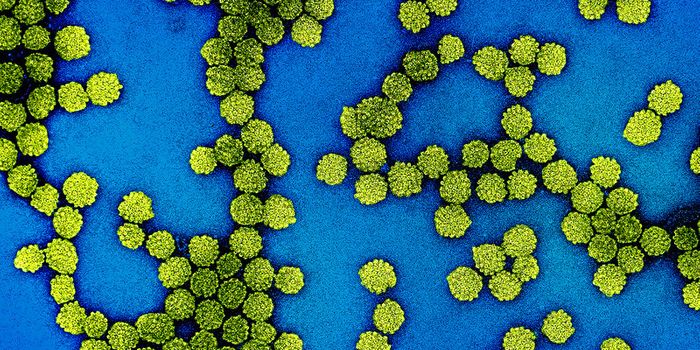Protein in Breast Cancer Found to Reshape Metastasis
Breast cancer is one of the most common cancers diagnosed in women. According to the American Cancer Society, it is the second leading cause of cancer death and mainly affects middle-age to older women. Breast cancer is a general term used for various subtypes of breast cancer. These subtypes are characterized by mutations of genes and the presence or absence of hormones. In addition, these biological changes are used to characterize the aggressive or metastatic behavior of the breast cancer subtype. Metastasis refers to the tumor’s ability to travel from the primary site of disease to other parts in the body. The metastatic potential of certain subtypes of breast cancer, such a triple negative breast cancer (TNBC) can be significant. Aggressive cancers tend to metastasize to other locations in the body. Currently, the overall 10-year survival rate of breast cancer is 84%, but for metastatic breast cancer subtypes, the 10-year survival rate is only 30%. The low survival rate is not strictly due to the immunosuppressive primary tumor but includes therapy-resistant cells that have traveled to other parts of the body. It is unclear how certain organs and tissues are predestined to become a secondary location for tumor growth. Therefore, more research is necessary to improve survival in patients and understand how to better target metastatic breast cancer.
Scientists in Sweden are investigating how specific proteins can reshape the environment around the tumor to direct metastasis. Recently an article published in Cell Reports discovered that an immune cell known as a macrophage can prevent or promote metastasis to the lung in breast cancer. Dr. Charlotte Rolny and others further identified a protein that is released by macrophages which mediate blood vessel formation. Rolny is an Associate Professor at the Karolinska Institute where she studies macrophage biology. Macrophages are responsible for the lysing or killing of infected cells, including cancer cells. They also present proteins on their surface to further activate an immune response. Interestingly, these immune cells can become polarized or differentiated to promote tumor growth and are known as tumor-associated macrophages (TAMs).
The secretion of other proteins known as cytokines regulate communication between cells. The protein found to reshape the metastatic potential includes vascular endothelial growth factor C (VEGF-C), which helps drive angiogenesis or the production of blood vessel formation. There are different types of VEGF, but commonly, VEGF is released around tumors as a survival mechanism to supply the tumor with nutrients from the blood. This also allows tumors to have access to the blood vessels and travel to other locations in the body.
What Rolny and others found was that VEGF-C from macrophages promotes metastasis to the lymph nodes compared to the lungs where breast cancer metastasis usually occurs. In addition, macrophages that express VEGF-C increase blood vessel vascularization, which reduces metastasis through the blood stream and instead drives tumor migration through the lymphatic system. Rolny and others for the first time found this imbalance of cytokine release can dictate tumor expansion in a secondary site. The discovery of VEGF-C reshaping metastatic potential provides foundational knowledge on how tumors interact with the immune system to expand throughout the body. The impact of this discovery could lead to novel therapeutic treatments that target VEGF-C or TAMs to extend metastatic breast cancer patient survival.
Article, Cell Reports, Charlotte Rolny, Karolinska Institute








